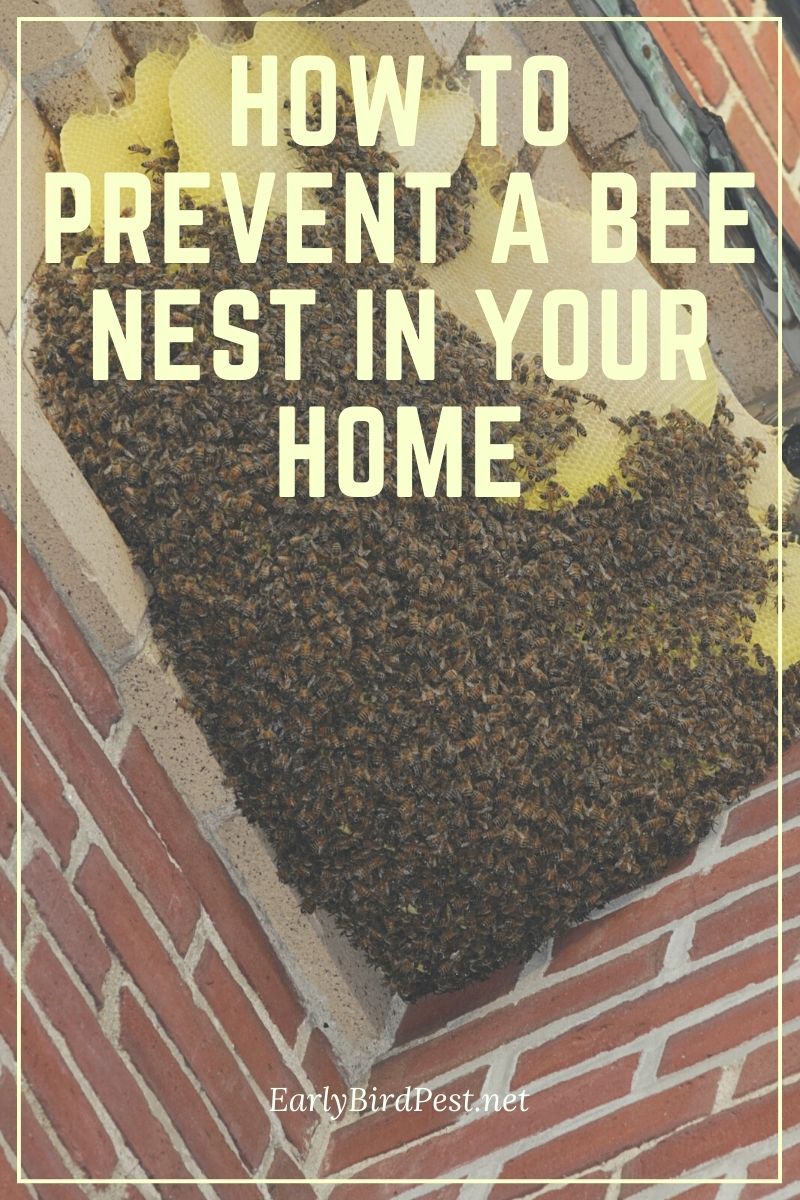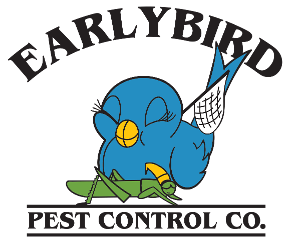It is not uncommon to find bees in homes of people, however, one can assume that it is highly unlikely that such agreement is consensual, as such, co-existence might be highly detrimental to one or both parties involved. Most people are afraid of being stung by a bee or bees, however, having these valuable insects on one’s property is only a disaster waiting to happen. The average population of a beehive is 10,000 and in most cases, their population could grow to as much as 50-60,000 once the queen bee starts laying her eggs.
When the queen reproduces and the hive becomes overcrowded, the old queen is forced to leave the hive while the newly hatched queen takes over. The old queen bee with her scouts is forced to look for a new home and this new home could be a tree, a hole in the wall, an abandoned garage inside your home or your garden.
Related: Where are bees likely to nest in your home?
So then, imagine a swarm of bees in your home, buzzing all around the house and swinging their wings in quick synchronization to each other, maybe in the vents, filters, garage or just swarming out of the wall in lighting speed with kids running around the house and screaming at the top of their voices, just as you are about to take a good afternoon siesta after a busy day at work. This is exactly the scenario that may play out in your home one day, if bees are allowed to nest in it freely.
However, there are various ways of preventing bees from nesting in your home, both natural and otherwise, and we would be mentioning a few;
1) Close holes: Close all holes leading into your home and on your walls, to prevent bees from finding a way into the house or nesting inside your walls.
2) Natural repellents: Use natural repellents like Cayenne pepper, peppermint oil, cinnamon, lemongrass, Citronella, these are all wonderful sources of bee and insect repellent. Get them and spray them around the entrance of your home, in your gardens, garage and other likely places that insects and bees may hide.
3) Scented candles: You can also purchase scented candles, light them and place them along with entrances or places where insects are often found and around your home.
4) Reduce clutters around the house: It is important that you dispose of boxes, equipment’s not in use and clears up other places around the house where things are stored. These are the kind of places bees like to nest in.
5) Proper disposal of refuse and closing of exposed food: It is very essential that you dispose of refuse around your home, properly store and close food materials in and around the house, as these are one of the things that attract bees to your home. Bees like to nest within proximity to their source of food, so if your home is their source of food, then it’s likely that they would prefer to nest in it.
Also, if your home has been nested by bees, then it is very important that you remove the combs, as your home is prone to future invasion by honey bees. Use any preventive measure accessible to you, to keep bees away from your home and avert disaster.
Homeowners should monitor their homes, by also learning to close all unnecessary holes that these bees may likely view as a nesting ground. It is also advisable for homeowners to invest in natural bee repellents as a preventive measure. Learn more about Arizona pest control services in the Phoenix Valley. We handle all Bee Infestations as well.
More Tips for Homeowners:
-
- 4 Signs You Have Bed Bugs
- How to Get Rid of Cockroaches
- How to Get Rid of Rats
- How Do I Know if I Have a Scorpion Infestation?
- How Do I Know if I Have a Bee or Wasp Nest in My House?
- How Do You Know if You Have Mice or Rats?
- Do I Need a Professional to Remove Tarantulas?
- 5 Ways to Keep Pests out of the Office
- How Ants Ruin your Home
- 4 Ways to Keep Your House Pest Free!

Recent Comments